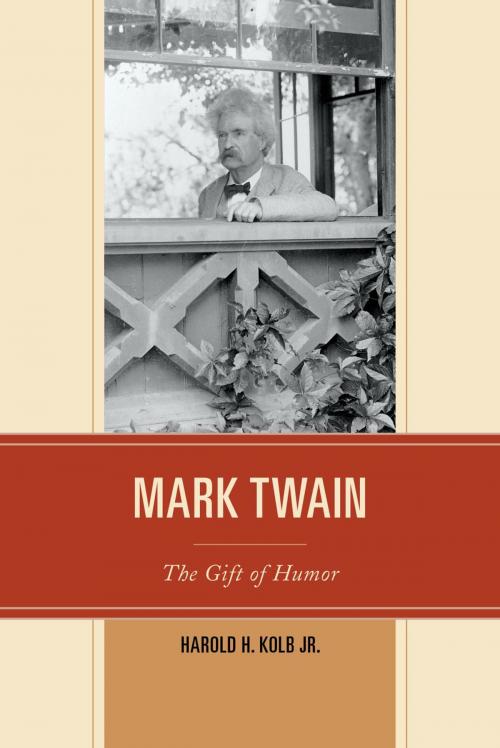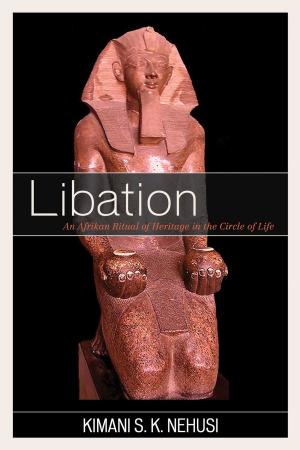Mark Twain
The Gift of Humor
Fiction & Literature, Literary Theory & Criticism, American, Biography & Memoir, Literary, Nonfiction, History, Americas| Author: | Harold H. Kolb Jr. | ISBN: | 9780761864219 |
| Publisher: | UPA | Publication: | October 29, 2014 |
| Imprint: | UPA | Language: | English |
| Author: | Harold H. Kolb Jr. |
| ISBN: | 9780761864219 |
| Publisher: | UPA |
| Publication: | October 29, 2014 |
| Imprint: | UPA |
| Language: | English |
Mark Twain is America’s—perhaps the world’s—best known humorous writer. Yet many commentators in his time and our own have thought of humor as merely an attractive surface feature rather than a crucial part of both the meaning and the structure of Twain’s writings. This book begins with a discussion of humor, and then demonstrates how Twain’s artistic strategies, his remarkable achievements, and even his philosophy were bound together in his conception of humor, and how this conception developed across a forty-five year career.
Kolb shows that Twain is a writer whose lifelong mode of perception is essentially humorous, a writer who sees the world in the sharp clash of contrast, whose native language is exaggeration, and whose vision unravels and reorganizes our perceptions. Humor, in all its mercurial complexity, is at the center of Mark Twain’s talent, his successes, and his limitations. It is as a humorist—amiably comic, sharply satiric, grimly ironic, simultaneously humorous and serious—that he is best understood.
Mark Twain is America’s—perhaps the world’s—best known humorous writer. Yet many commentators in his time and our own have thought of humor as merely an attractive surface feature rather than a crucial part of both the meaning and the structure of Twain’s writings. This book begins with a discussion of humor, and then demonstrates how Twain’s artistic strategies, his remarkable achievements, and even his philosophy were bound together in his conception of humor, and how this conception developed across a forty-five year career.
Kolb shows that Twain is a writer whose lifelong mode of perception is essentially humorous, a writer who sees the world in the sharp clash of contrast, whose native language is exaggeration, and whose vision unravels and reorganizes our perceptions. Humor, in all its mercurial complexity, is at the center of Mark Twain’s talent, his successes, and his limitations. It is as a humorist—amiably comic, sharply satiric, grimly ironic, simultaneously humorous and serious—that he is best understood.















